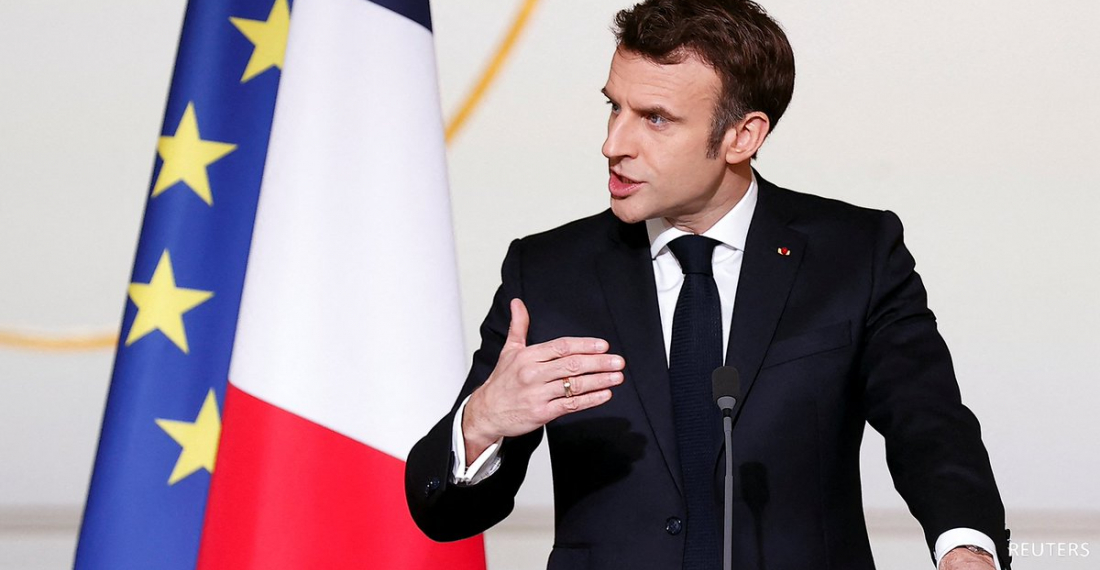France and its European allies fighting Islamist militants in Mali said on Thursday (17 February) they would start the coordinated withdrawal of their military resources in the country.
French President Emmanuel Macron hosted a dinner last night with some of France's allied leaders in the Sahel, namely Chad, Mauritania and Niger. Representatives from Mali, and Burkina Faso, which also recently experienced a coup d’état, were not invited. At the end of the meeting, a statement was issued affirming that France and its allies will continue their military operations in the region, redeploying troops to Niger and the Gulf of Guinea until June 2022.
Since the Malian military junta reneged on a promise to hold elections this month, and instead suggested it would remain in power until 2025, all the while hiring Russian mercenaries in the fight against terrorism, relations between Europeans and Malians have worsened.
President Macron announced that the withdrawal of the 2,400 French troops from Mali would take between 4 and 6 months, during which time military operations against the Islamists in Mali will be limited.
Even though France responded to Mali's call for help in 2013 by launching Operation Serval, which was initially militarily successful in pushing jihadist forces out of the north of the country, popular support did not last.
A persistent feeling of insecurity and a public opinion hostile to the presence of the French army for so many years on its territory provided the Malian junta with an ideal scapegoat, and Bamako clearly expressed its wish to see the French troops leave.
Furthermore, the successive appearance of new heads of state due to the recent coups in Mali, Chad, and Burkina Faso, have weakened French alliances throughout West Africa. This lack of cooperation and of trust has allowed the jihadists to conquer several swathes of territory and has opened the door to Russia in the region, through the Wagner group.
Although neighbouring Niger has consented to host European forces on its territory, the departure of Mali, the center of the Islamist threat for years, is raising doubts among Sahelian ranks.
An escalation of violence in the region could not only threaten mining operations and the stability of French partners in the region - such as Senegal or Cote d'Ivoire - but could also trigger a significant wave of immigration from the Sahel to Europe.
Ghanaian President Akufo-Addo has reacted to the withdrawal of French troops by stressing the growing need for assistance to countries in the Gulf of Guinea, a region where the militants seem to be gravitating in recent months.







